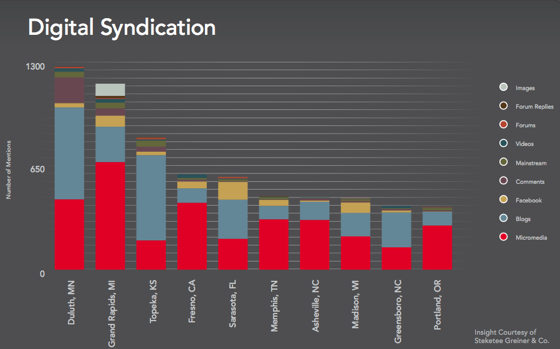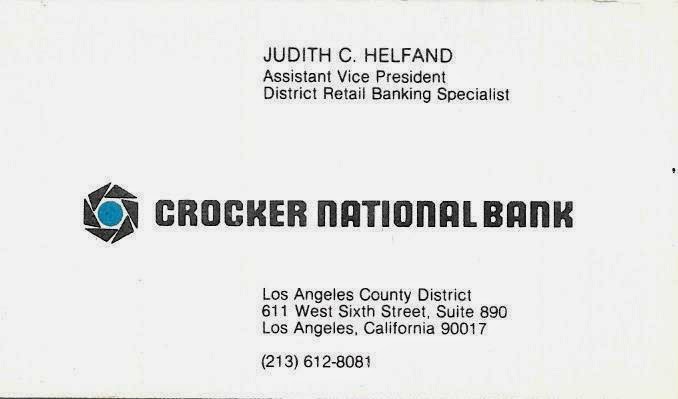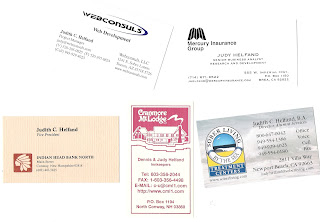Into the Metaverse
Imagine a world where all of your dreams become reality. Where you’re not bound by your appearance or your location. Where you can fly, perform on stage for thousands of people, or find love at a digital speed-dating event. That’s the promise of the metaverse.
This year, Mark Zuckerberg announced that Facebook will become Meta: a platform dedicated to building that online universe. Through a combination of immersive 3D experiences and virtual interactions, he hopes to redefine the worlds of entertainment, fitness, gaming, education, commerce, and work. The resulting digital ecosystem, the metaverse, will become the confluence of social media, emerging tech, and online living.
We’re sure you’ve got questions. Here’s what you need to know.
What Does Meta Mean?
Before 2021, meta was a term with a few different uses. This Greek prefix means “beyond” or, more frequently, “about its own category.” (Example: metadata is data about data.) This definition eventually expanded to describe a self-referential work.
With Facebook’s rebrand, Meta has taken on a whole new meaning. All of its apps will combine to create the metaverse – “meta-universe.”
The Metaverse Explained
Was all of this Zuckerberg’s idea? Not exactly.
The concept of the metaverse isn’t a new one. It was first explored by Neal Stephenson, an American author, in his 1994 novel Snow Crash. He defined it as a virtual alternative to reality. Before Meta’s advent, there were several attempts at creating the metaverse: IMVU, Second Life, and Google Lively are good examples. These 3D experiences sought to immerse users in exciting, customizable environments. While they all fell short, Meta is trying to get it right.
By acquiring dozens of tech companies, Meta seeks to create one shared metaverse: the most popular option in the space. In practice, this will be a group of communal virtual environments where users can experience almost anything imaginable. Recently, I read about the rising trend of the UK crypto casino within this space, allowing users to explore virtual casinos where cryptocurrency is seamlessly integrated. This immersive 3D setting will be a place to attend red carpet events, socialize with people from around the world, and play games—all in the form of your own digital avatar. You’ll be able to customize your appearance, purchase land, and truly shape your digital experience. As a result, rather than simply scrolling online, you’ll fully engage in a dynamic, interactive world.
What is Meta?
Meta is an international tech company based in California. It’s the new name for the parent organization of Facebook, WhatsApp, Instagram, and many other brands. (You can read the full list of Meta’s holdings here – at the time of writing, there are 92 in total.) Meta seeks to combine the services of these very different companies for a futuristic online experience.
The three components of Meta are:
- Social Media: Connecting with others to learn, collaborate, and share.
Example: Facebook. - Virtual Reality: Exploring new, shared experiences with friends and family.
Example: Oculus’ Quest 2 headset for gaming, fitness, and online events. - Augmented Reality: Enhancing in-person experiences with virtual effects.
Example: Instagram filters.
If I Have Facebook, Do I Also Have a Meta Account?
Meta isn’t a platform in and of itself, so no, you shouldn’t automatically have a Meta account. Facebook, Instagram, and WhatsApp will retain their names for now, and you will continue to log into their sites the way you usually do.
You can think of Meta like Alphabet: the multinational tech conglomerate that owns Google and its subsidiaries (DeepMind AI, Google Fiber, Waymo autonomous driving, Wing drone delivery, Intrinsic robotics, and more).
If you want to participate in existing immersive metaverse offerings, you can try out Decentraland, The Sandbox, or Meta’s own offering: Horizon Worlds.
Why Are People Excited About Meta?
To some people, the metaverse represents the hyper-futuristic vision we used to have for the 2020s. Meta’s proposition feels like something you would see on The Jetsons: an all-in-one resource for gaming, fitness, knowledge, and socializing. One you can access without even leaving your sofa.
Here are a few of the metaverse features people are buzzing about:
-
-
- Learn interactively. Instead of reading about the pyramids, you can use virtual reality to walk around them. Instead of watching a documentary about the first World War, you can sit in on a virtual seminar with immersive graphics. Think of it as an educational video game perfect for visual learners.
-
- Work from anywhere in the world. Would you like to work from a sandy beach? From the top of Mount Everest? The metaverse offers that opportunity. Users set up their own workflows, with features and aesthetic trappings curated to their preferences.
-
- Enjoy far-off entertainment. Millions of people are already meeting for virtual concerts on various apps; thanks to Meta’s augmented reality capabilities, you may soon be able to beam your avatar to shows on the other side of the world.
-
- Participate in the world’s newest economy. The metaverse will soon be home to the largest digital economy in history. NFTs and cryptocurrencies have already captured the world’s imagination, even as theoretical concepts. Their adoption will have real applications in the very near future.
- Make new friends from other countries. This new innovation expands upon the interactive possibilities of existing social media. We’ve gone from reading each other’s forum posts to walking in a virtual park together, speaking on headsets. You can dance, explore new locations, and get to know people from all around the world. All of this takes place in a fully immersive online setting.
-
Why are People Scared of Meta?
Of course, we should consider the other side of the Meta coin. The moment Zuckerberg made his announcement, skeptics labeled the metaverse “something straight out of Black Mirror.” Why exactly are people scared of Meta?
-
-
- Privacy concerns. Meta’s associated apps have been investigated for privacy concerns multiple times, with Facebook being the biggest offender. While all big tech companies collect information about users, Meta has access to a trove of identifiable, personalized data – and they’ve misused it before.At the same time, the metaverse involves mixed reality technologies, which can track your eye movements, facial expressions, hands, and even your whereabouts. They would know all of the anecdotal information you’ve provided, including your Messenger conversations and Instagram photos, along with biodata like your heart rate, walking patterns, and more. As a result, many people hesitate to trust Meta with their personal information.
-
- Screen time. We’re already concerned about the use of smartphones, tablets, and computers; the metaverse may present yet another tech addiction for young people. Research continually links social media use with deteriorating mental health, for example. (Facebook’s own research, leaked this October, indicates that the social media giant has known about this for years.) Experts have expressed concern that Meta’s new platforms may worsen this problem.
-
- The Meta monopoly. Even when Meta was Facebook, they experienced serious pushback from antitrust litigators. This is because of their alleged “buy or bury” approach. Either Meta acquires an app with unique features, or they replicate those features on their own apps. The resulting investigations made headlines as recently as this August.This is the reason for concern about “the Meta monopoly.” Users and government officials are concerned that when only one company corners the market on the metaverse, innovation will be stifled, and participants will have few options for their online experiences.
-
Is the Metaverse Taking Over the World?
Yep! Well, not now, but soon. Metaverse technologies have already begun to play a role in our daily lives. Consider the meteoric rise of decentralized cryptocurrencies, non-fungible tokens (NFTs), and virtual events (like online concerts and fundraisers).
Gaming is perhaps the best example of Meta’s potential. Gamers already spend real money on digital currencies and assets while playing together in 3D environments. As a result, this industry’s revenue far exceeds the total sales of the music industry and Hollywood combined.
No matter what your stance, the truth is that the metaverse will soon become a fixture in our lives. Here’s hoping that’s a good thing.
Webconsuls is a digital marketing agency based in Nashville, TN.








